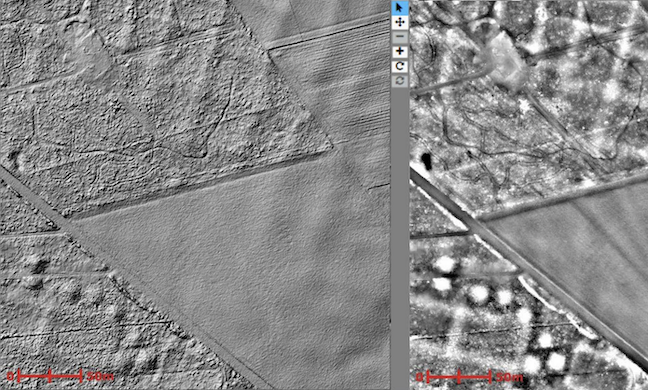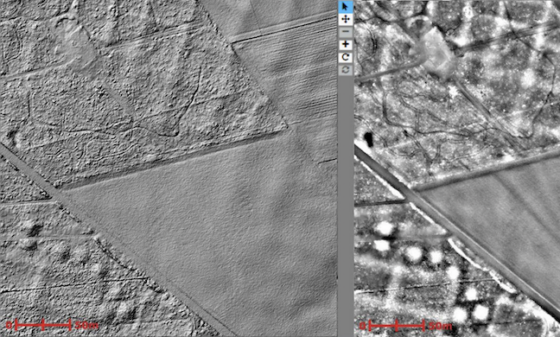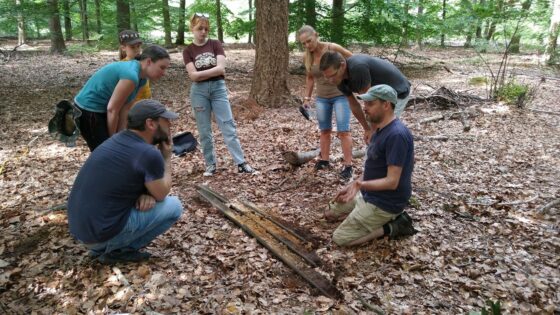Citizens archaeology project finds hundreds of new burial mounds


A Dutch archaeological project in which thousands of amateur sleuths combed specialised maps and high resolution photographs has led to 1200 more possible bronze age burial mounds in the Utrecht and Veluwe region being found.
In addition, almost 38 square kilometres of prehistoric agricultural fields and 900 potential charcoal production sites have been located thanks to the citizen science project, run by the University of Leiden and local cultural heritage groups.
‘We have found so much more than we expected a few years ago, and that is really down to so many people coming forward to help, so we could cover a far larger areas,’ Leiden archaeologist Eva Kaptijn told Dutch News.
The team project started in April 2020 and the findings are shedding new light on the history of the Netherlands in drier parts of the country, said Kaptijn. ‘The Veluwe and Utrechtse Heuvelrug are now nature reserves where you walk through the heather fields and woods, but in the in the Iron Age, 1,000 BC, it was one enormous agricultural area. So you look at the landscape in a completely different way.’
In total, 6,500 volunteers came forward to help the project, scanning thousands of high resolution maps at home in the hunt for archaeological remains. Fieldwork was then carried out at 300 of the potential grave sites, and 80 were found to be the real thing.

‘We can now calculate that if seven different volunteers have identified the same spot as a possible burial mound then it is very likely to be so,’ she said. ‘If we look at the rest of the area, then we can say there are potentially 949 new burials mounds and that would be double the figure we are currently aware of.’
The project is one of the recipients of the European heritage awards Europa Nostra 2022, which is being presented to the team on Thursday.
‘One of our main aims was to be able to draw up an inventory of what there is, so we can protect it,’ Kaptijn said. The project, she said, has also created a new awareness among the people who took part. ‘They had no idea what there was in their back garden, so to speak.’
Thank you for donating to DutchNews.nl.
We could not provide the Dutch News service, and keep it free of charge, without the generous support of our readers. Your donations allow us to report on issues you tell us matter, and provide you with a summary of the most important Dutch news each day.
Make a donation